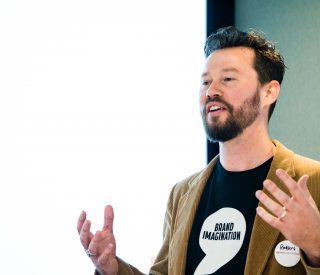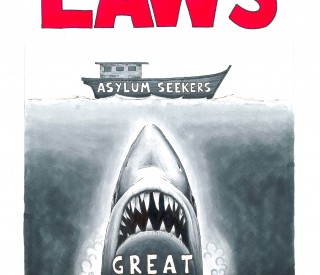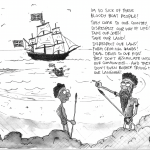Tom Engelhardt’s latest article, “Killing Civillians: How Safe Do You Actually Want to Be?” appears in The Nation. Below are a few paragraphs from his piece, highly recommend reading the full article:
“Almost like clockwork, the reports float up to us from thousands of miles away, as if from another universe. Every couple of days they seem to arrive from Afghan villages that few Americans will ever see without weapon in hand. Every few days, they appear from a world almost beyond our imagining, and always they concern death–so many lives snuffed out so regularly for more than seven years now. Unfortunately, those news stories are so unimportant in our world that they seldom make it onto, no less off of, the inside pages of our papers. They’re so repetitive that, once you’ve started reading them, you could write them in your sleep from thousands of miles away.
…Forgotten? It’s true that we forget these killings easily–often we don’t notice them in the first place–since they don’t seem to impinge on our lives. Perhaps that’s one of the benefits of fighting a war on the periphery of empire, halfway across the planet in the backlands of some impoverished country.
One problem, though: the forgetting doesn’t work so well in those backlands. When your child, wife or husband, mother or father is killed, you don’t forget.
Only this week, our media were filled with ceremonies and remembrances centered around the tenth anniversary of the slaughter at Columbine High School. Twelve kids and a teacher blown away in a mad rampage. Who has forgotten? On the other side of the planet, there are weekly Columbines.
Similarly, every December 7, we Americans still remember the dead of Pearl Harbor, almost seven decades in the past. We still have ceremonies for, and mourn, the dead of September 11, 2001. We haven’t forgotten. We’re not likely to forget. Why, when death rains down on our distant battlefields, should they?”
























